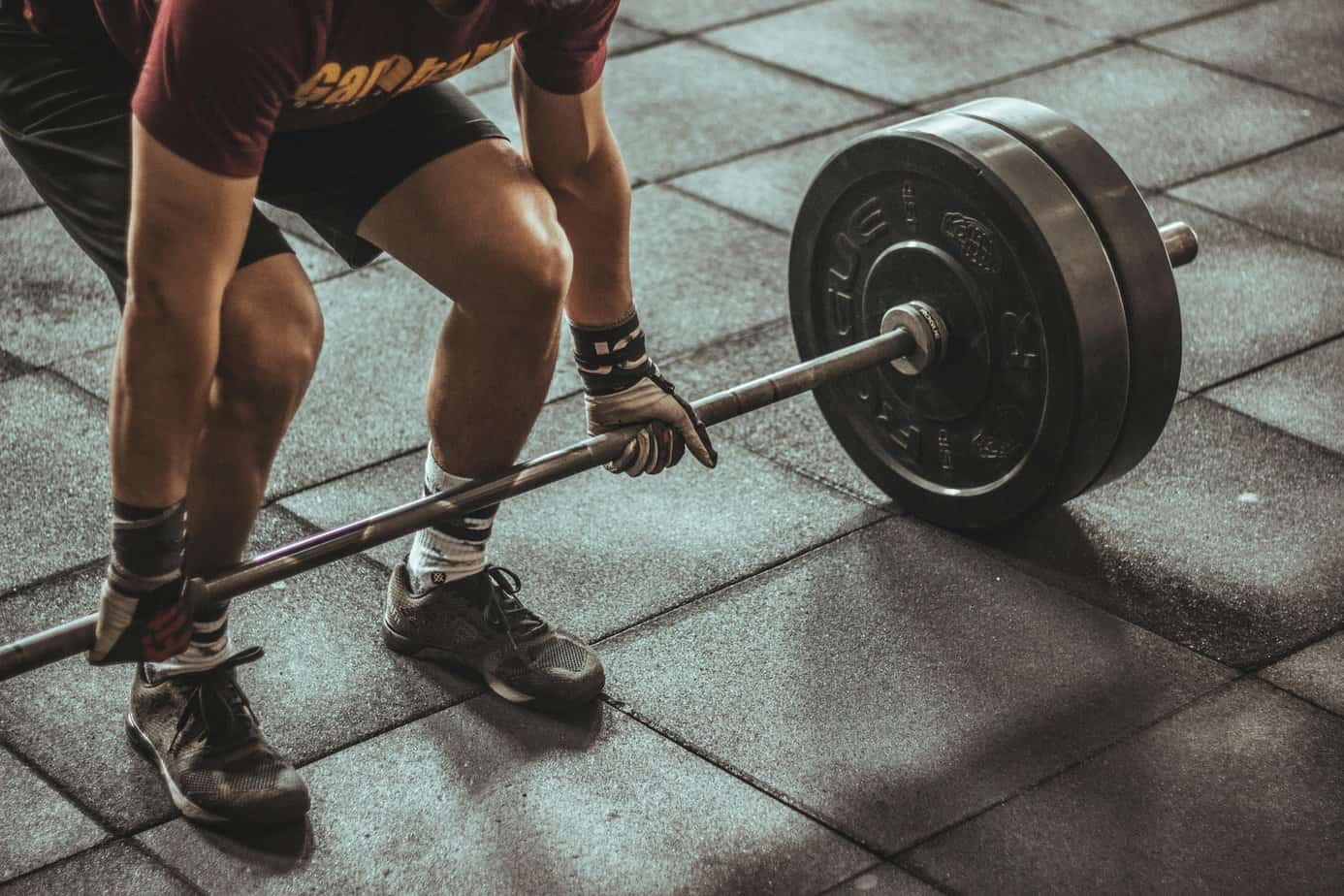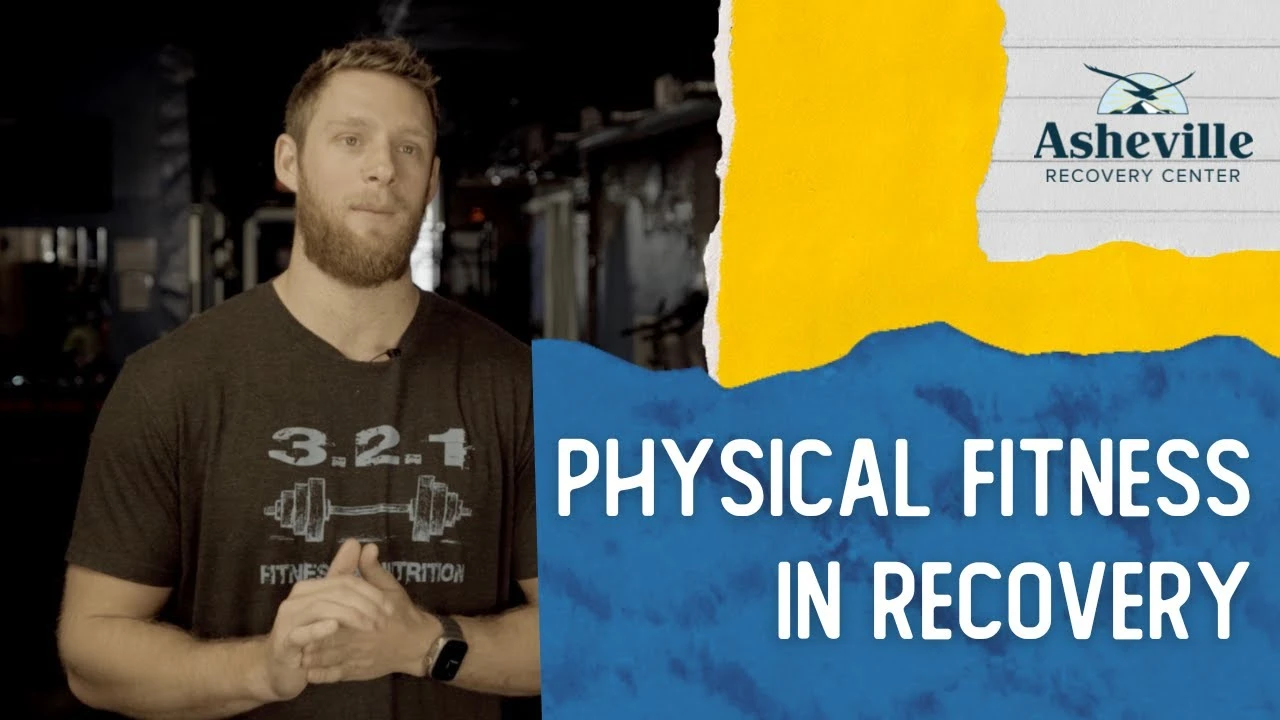Treatment Therapy
Therapeutic Exercise in Asheville, NC
We believe that rebuilding the body is essential to healing the mind. Our guided exercise program helps you build physical strength, mental resilience, and the healthy habits necessary for a robust, long-term recovery.
More Than a Workout, It’s Part of the Therapy
Therapeutic exercise at Asheville Recovery Center isn’t just about going to the gym; it’s a structured, clinical approach that uses physical activity as a tool for healing. We see it as a powerful way to reconnect the mind and body, which are often disconnected during active addiction. When used in combination with behavioral therapies like CBT and DBT, clients receive comprehensive healing that addresses both the psychological and physical tolls of substance abuse. This integrated model ensures that the lessons learned in therapy are reinforced through physical action, building a holistic foundation for sobriety.
From a neurochemical standpoint, regular exercise stimulates the release of endorphins, dopamine, and serotonin. This creates a natural sense of well-being and pleasure, helping to re-calibrate the brain’s reward system, which has been hijacked by substances. This process is crucial for improving mood, reducing cravings, and restoring a sense of vitality that was previously sought through artificial means. It teaches the body and mind that it’s possible to feel good without drugs or alcohol. Our program is designed to be accessible to everyone, regardless of your previous fitness experience, helping you make movement a cornerstone of your new, sober life.
What to Expect: Activities We Offer
We provide a supportive and structured environment where clients can safely engage with physical fitness. Our approach is built on guidance, personalization, and community, incorporating activities that take advantage of our beautiful surroundings and world-class facilities.

Hiking
Located in the heart of the Blue Ridge Mountains, we utilize the healing power of nature. A walk in the woods elevates your spirits, provides Vitamin D, and offers a peaceful setting for reflection. This form of ecotherapy helps reduce rumination and promotes mindfulness as you focus on your steps and surroundings. It’s a tangible metaphor for the recovery journey: taking one step at a time toward a rewarding summit.

Group Sports
Playing casual team games like shooting hoops provides more than a workout. It’s a practical lesson in teamwork, healthy communication, and sober social interaction. It helps you build new, positive relationships that don’t revolve around substance use, fostering a sense of community, trust, and reintegration while you learn to have fun again in a healthy way.

Strength Training
Lifting weights and bodyweight exercises help re-establish the body’s natural sleep cycle and rebuild physical health often neglected during addiction. More importantly, seeing tangible progress—lifting a little more, doing one more rep—provides a powerful boost to self-efficacy and proves that dedication and consistency yield real results. Building physical strength directly contributes to building mental fortitude.
Our Holistic Therapy Services
We use a range of powerful, proven therapies to address addiction from every angle. Click on any approach to learn more about how it works.
Improves Mood
Exercise releases endorphins, which act as natural mood elevators. This can significantly reduce symptoms of depression and anxiety, helping you feel more optimistic and at peace in your own skin.
Reduces Stress
Physical activity is one of the healthiest ways to manage stress. It provides a positive outlet for frustration and tension, reducing the stress hormone cortisol and calming the nervous system’s fight-or-flight response.
Improves Sleep
Substance abuse severely disrupts natural sleep patterns. Regular exercise helps regulate the body’s circadian rhythm, leading to deeper, more restorative rest, which is essential for mental clarity and emotional stability.
Increases Energy
While it may seem counterintuitive, expending energy through exercise actually increases your overall energy levels at a cellular level, helping to combat the fatigue and apathy common in early recovery.
Prevents Relapse
Studies show a strong correlation between regular exercise and long-term abstinence. By managing stress and cravings, exercise serves as a powerful behavioral replacement tool in your relapse prevention plan.
Boosts Self-Esteem
Setting and achieving fitness goals provides a powerful sense of accomplishment. Watching your physical strength grow builds confidence and self-respect that translates to all areas of your life.
Improves Cognitive Function
Addiction can impair memory, focus, and decision-making. Exercise increases blood flow to the brain, promoting neuroplasticity and helping to repair neural pathways, leading to sharper thinking and better focus.
Builds Discipline & Routine
Recovery requires structure. The simple act of showing up for a scheduled workout builds discipline and helps create a healthy, predictable routine where there was once chaos, providing stability in early sobriety.
Your Questions Answered
Build a Stronger Foundation for Your Future
Ready to make physical and mental strength a cornerstone of your recovery? Contact our admissions team today to learn more about our therapeutic exercise program and how it fits into our comprehensive approach to addiction treatment.


